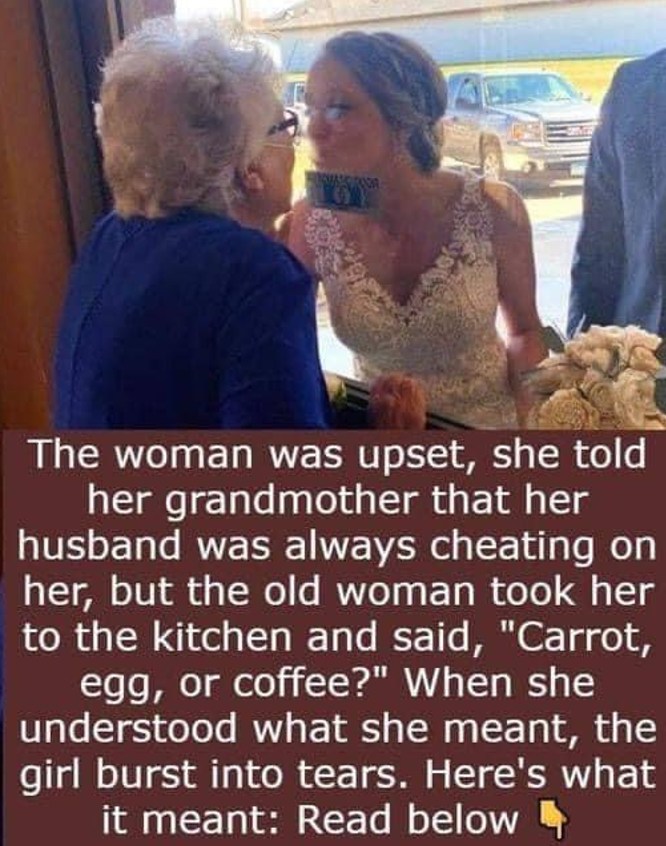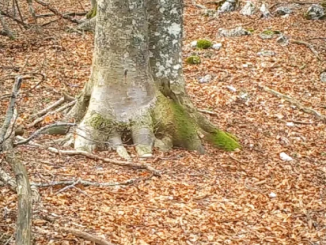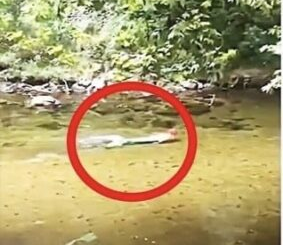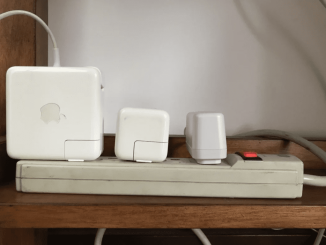
A lot of big, tragic and important things have happened to this wonderful country of ours since April 2014. None of which I have covered. I was too busy writing about hungover parenting, ancient philosophy and my dog Colin.
Out of the 536 columns I have written, 27 were about that guy. Far too few. He is such a good boy, he deserves an article a week.
Today is the end of an era for me, and whenever these final events pop up in our lives, we can’t help but think about the ultimate end.
Everything we do, we will one day do for the last time. That’s why you have to enjoy things while they are around. It’s not just big events like leaving a job, house or loved one either. Whatever moment you happen to be in now, you will never get it back, and you don’t know how many more you have.
Everything we do in life, from eating pizza to spending time with the people we love, to driving, writing, drinking or breathing, we will one day experience for the final time. It might happen tomorrow. This can be either a depressing or an inspiring thought, depending on how you look at it.
A few years back in this column, I interviewed professor of philosophy William B Irvine, of Wright State University, Ohio, on this very topic. He put it this way on a Zoom call: “Recognition of the impermanence of everything in life can invest the things we do with a significance and intensity that would otherwise be absent. The only way we can be truly alive is if we make it our business periodically to entertain thoughts of the end.”
Today’s column is very meaningful to me because it is my last. Like the last night with a lover before she goes overseas. And just like a lover, there have been some half-arsed efforts put in from me over the years. Last week, for example, I spent 750 words moaning about how bad my cricket team is. But the truth is that any of my columns could have been the final. If I had reminded myself every week for the past 10 years that the end is inevitable, I may have been more grateful for having a column and appreciated writing them all as much as I am this one.
While everything we do could have more meaning with a focus on finitude, some things are inherently more worthwhile than others. There is no doubt my column “The pros and cons of wearing Speedos” from November 2022 was less meaningful than most things in this world. That was a waste of everyone’s time. So, if we only have so much time, how do we pick the best things to do?
Well, Oliver Burkeman, the author of Four Thousand Weeks – Time Management For Mortals, suggested this to me in a 2022 column: “Ask yourself, does this choice enlarge me? You usually know on some unspoken level if it does. That’s a good way to distinguish between options.”
With that in mind, I don’t feel great about my 2018 article on “New Zealand’s best hole”. That didn’t enlarge anyone.
There will be people reading this column right now who have loved my writing in the Herald and are sad to see it end. Others will have hated it and are glad to see me go. Many won’t have any opinion at all. But for those in the first camp, I have good news. I have a book coming out on May 28 called A Life Less Punishing – 13 Ways To Love The Life You Got (Allen and Unwin Book Publishers). It’s a deep dive into the history, philosophy and science of not wasting our time lost in anger, loneliness, humiliation, stress, fear, boredom and all the other ways we find to not enjoy perfectly good lives. It’s available for pre-order right now (google it if you’re interested).
A Life Less Punishing took me two years to write and is equivalent in words to 100 of these columns. Which would be a complete nightmare for those in the hate camp, but as I say, great news for those who want more.
Anyway, thanks to the Herald for having me, thanks to the lovely people who make an effort to say nice things to me about my column nearly every day and thanks to the universe for every single second we get.
Bless!
Woman Was Upset And Told Grandmother That Her Husband Cheated On Her, Granny Had A Great Response

In a moment of turmoil, a woman found solace in her grandmother’s remarkable response to her husband’s infidelity. Life often presents us with difficult situations, prompting us to seek counsel from those we trust and love, offering a sense of companionship amidst the chaos.
Upon discovering her husband’s affair, the woman’s world shattered. Seeking comfort and guidance, she turned to her grandmother. With wisdom beyond years, the elderly woman led her granddaughter to the kitchen. There, amidst boiling pots, she imparted a profound lesson.
Filling three vessels with water, the grandmother added an egg, a carrot, and coffee beans. She urged her granddaughter to observe as each element reacted differently to the boiling water. Patience, the grandmother emphasized, was key amidst confusion and turmoil. As the water simmered, she instructed her granddaughter to retrieve the carrot and explain its transformation.
Reflecting on the softened egg, the weakened carrot, and the infused aroma of coffee, the grandmother posed a question: which element would her granddaughter choose to be? In life’s trials, she explained, we may soften like the egg or weaken like the carrot. Yet, the coffee beans symbolized resilience, actively altering their environment.
Choosing to be the coffee beans, the woman learned the power of resilience and determination. She resolved not to be defined by adversity but to shape her circumstances. In that kitchen conversation, the woman gleaned invaluable wisdom, transforming a moment of despair into a lesson of strength and resilience.



Leave a Reply